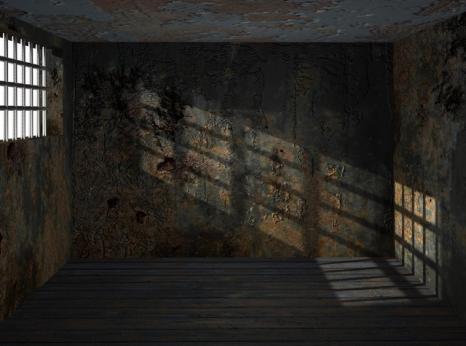Romania: Ukrainian Refugee Faces Extradition To Russia

Amina Gerikhanova is a Chechen woman who has been living in Ukraine since 2016, where she fled with her young son after facing political persecution in Chechnya. Amina Gerikhanova grew up without her mother who was shot by Russian soldiers in the Novye Aldy massacre in 2000. She is a single mother who has been raising her son alone. Russian authorities have accused her of participating in military operations in Syria as part of ISIS from 2016–2018, even though she was living in Ukraine during this time and did not leave Ukrainian territory. Upon her arrival in Ukraine, the Ukrainian Prosecution Office received an extradition request from Russia, investigated it, and denied Amina Gerikhanova’s extradition. On 13 March, she crossed the Romanian border fleeing from the Russian invasion along with millions of other refugees. She was arrested at the Romanian border based on Russia’s extradition request, and her eight-year-old son was temporarily placed into an orphanage. Subsequently, her son was retrieved from the orphanage by a wheelchair-bound great uncle. On 5 April, the Prosecutor General's Office of the Russian Federation sent to Romania an official extradition request. On 18 April, a Romanian court authorised Amina Gerikhanova’s extradition to Russia, subject to appeal. To date, she has been detained in prison in Suceava. She is at imminent threat of extradition to Russia where she would be at real risk of torture and other ill-treatment.
In similar cases, Chechen refugees who have been returned to Russia were subjected to enforced disappearance, confirming the risk of torture and other ill-treatment. After the start of the Russia–Ukraine war and expulsion of Russia from the Council of Europe, Russia is no longer bound by the European Convention on Human Rights and ethnic Chechens forcibly returned to Russia are at even greater risk. After the Russian invasion of Ukraine, the human rights situation in Russia has sharply deteriorated and there are even fewer guarantees that the rights of those who are extradited or deported will be respected.
Amnesty International regularly addresses cases of forcible returns or planned forcible returns to the Russian Federation of ethnic Chechens and others who have fled from the North Caucasus. These cases include forcible returns from member states of the Council of Europe, including France, Hungary and Poland. An internal flight alternative elsewhere in the territory of the Russian Federation is not available to former asylum seekers from Chechnya. The internal flight alternative is not a viable alternative to international protection for those people because the real risk of persecution or other forms of serious harm they face emanates from the federal state authorities and therefore applies in Chechnya and across the territory of the Russian Federation.
Returning Amina Gerikhanova to a country where her life and safety are at risk would be a clear breach of Romania’s obligations under international human rights law and standards which enshrine the absolute ban on torture and other ill-treatment. This includes a prohibition on sending anyone to a place where they would be at risk of such abuse, regardless of their alleged offence (the principle of non-refoulement). The principle of non-refoulement applies to everyone including persons who are excluded from refugee protection and persons who are suspected of having committed a crime. The European Court of Human Rights has categorically concluded that balancing the risk of harm to the person if removed from the country against the danger a person allegedly presents to the community if not sent back is misconceived and unlawful.